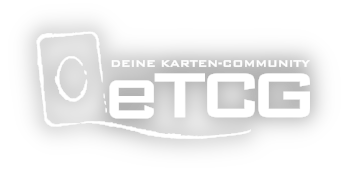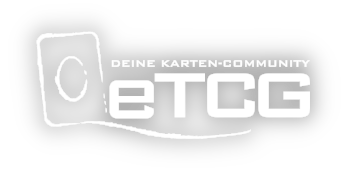Hallo Leute!
Ich habe eine kleine Frage zu Time Up im 1:0.
Es steht 1:0 für Spieler A. Jetzt wird das Time Up ausgerufen und nachdem der Turn Player seinen Zug beendet hat, beginnen die 3 Extra Züge.
So wie ich es im Gedächnis habe, gibt es jetzt 3 Möglichkeiten.
- Spieler A bringt Spieler B auf 0 LP und gewinnt dadurch 2:0
- Spieler B bringt Spieler A auf 0 LP und es wird ein 3. Duell ausgeführt, ohne zu Sideboarden. (Erste 4 Züge wer am Ende mehr dmg hat blablabla)
- Keiner der Spieler kann den Gegner auf 0 bringen, und da Spieler A bereits 1:0 in Führung ist, hat er das Duell 2:0 gewonnen.
Der Schwerpunkt liegt darauf, dass keiner der Spieler das Duell in diesen Extrazügen gewinnen konnte. Ich hatte letztens eine kleine Auseinandersetzung mit dem Judge.
Er war der Meinung, dass egal was es steht, dass derjenige das Duell (nicht das Match) gewonnen hat, der am Ende dieser Extra Züge über mehr LP verfügt.
Ich bin der Meinung, dass sobald 1:0 für Spieler A steht, dass Spieler B ihn in diesen Extrazügen auf 0 LP bringen muss, damit Spieler B gewonnen hat, auch wenn Spieler B am Ende über mehr LP verfügt.
Habe auch schon ein bisschen auf Etcg herumgestöbert aber nix schlaues gefunden, deshalb frage ich hier noch schnell^^
Thx und Greetz
SwordMaster

